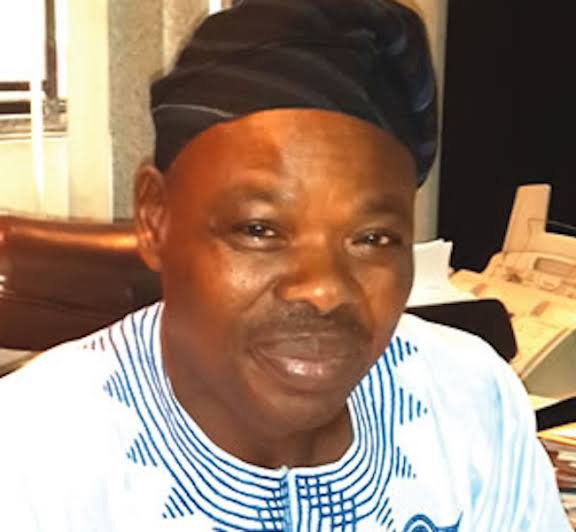
The Chairman of the Board of Trustees of the Nigeria Indigenous Shipowners Association (NISA), Chief Isaac Jolapamo, has criticized the Nigerian Maritime Administration and Safety Agency (NIMASA) for allegedly failing to prioritize shipping development in the country.
Jolapamo, while speaking at a breakfast meeting organized by Maritime Reporters Association of Nigeria (MARAN) in Lagos last week, specifically alleged that the creation of NIMASA has worsened shipping development, when compared with what previously existed.
Jolapamo noted that many shipowners no longer possessed vessels due to the agency’s failure to prioritize shipping development. He emphasized that shipping development, which should be at the top of NIMASA’s agenda, is now ranked as the sixth priority for the agency.
He further stated that if shipping technocrats are given the opportunity to provide valuable input, NIMASA would have become a better agency.
He expressed belief that the significant amount of resources expended by NIMASA in acquiring the Floating Dock would have been sufficient to enhance indigenous ship acquisition and promote shipping development.
He said: “Most ship owners from the past don’t even have anything to show for it. If they hadn’t gone to purchase the dockyard, the funds intended for repairing the old vessels that Nigerians possess, known as bonds, ship repair, and subsidy, could have been utilized.
“I am aware that many MARAN members here understand what I am talking about. If we had not allowed lawyers to take over how NIMASA was formed, the agency would have focused mainly on shipping development, making it the top priority. However, when you observe NIMASA’s activities, shipping development is ranked as number six.
“For maritime development to progress, the center, which is shipping, must be perfected first. That is where we will continue to draw from. Although people like us are now old and tired, there are new individuals taking over from us.”
“If shipping technocrats are given the opportunity to contribute their expertise, you will witness the transformation of NIMASA. Shipping development will no longer be ranked as number six but as number one within NIMASA’s agenda”.
“Unfortunately, when NIMASA was established, shipping development was not given the highest priority, but was ranked as the sixth. How can we develop shipping in the country, if they have chosen to prioritize shipping development as the sixth focus of their agenda? The substantial resources expended by NIMASA in acquiring the floating dock would have been sufficient to enhance indigenous ship acquisition and promote shipping development. Unfortunately, we can all see the consequences of their actions,” he concluded.















